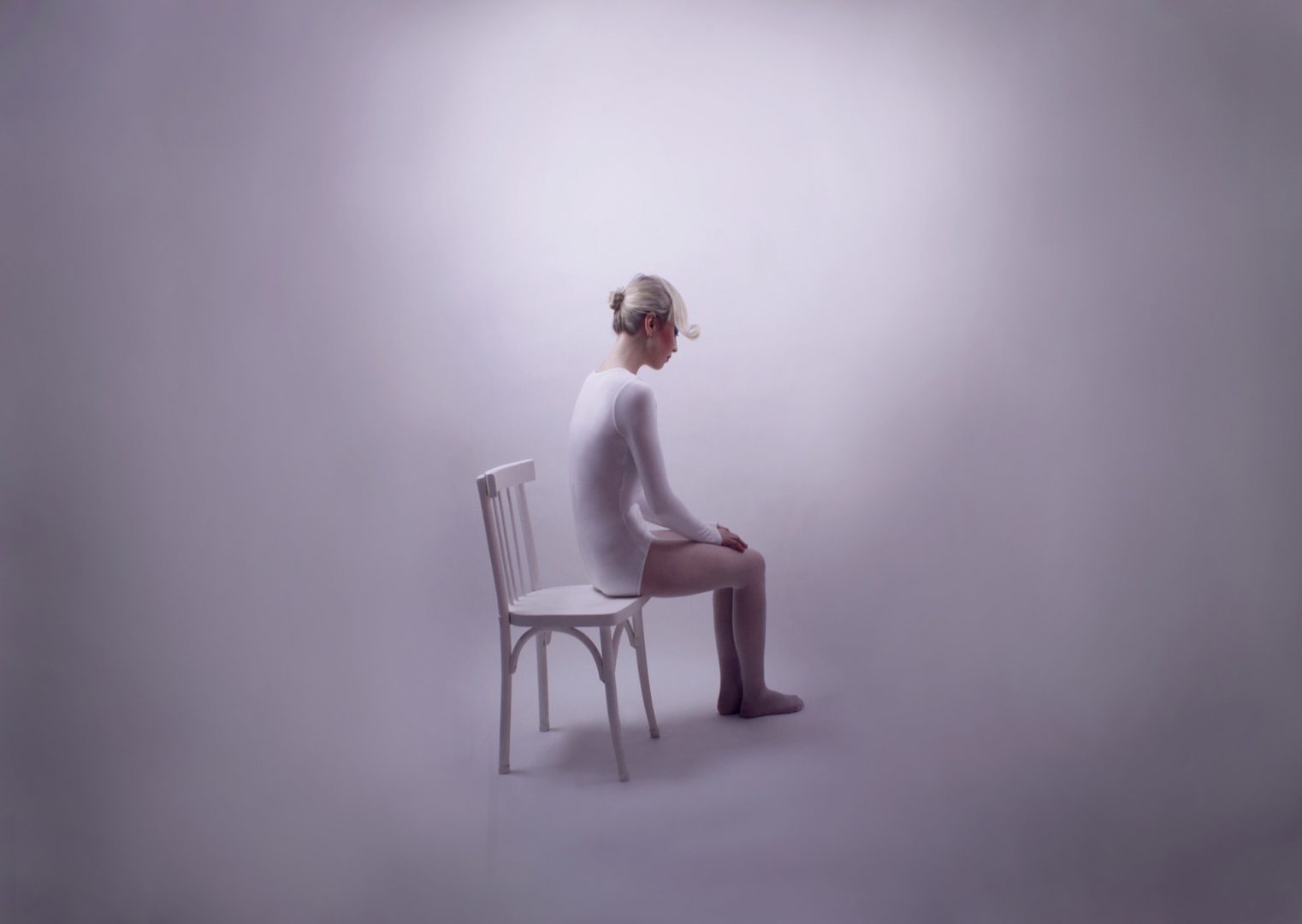Introverts are said to be shy, quiet, withdrawn people who like to spend time alone, or who don’t like people. Most of this information is incorrect.
Frequently, introverts are characterised as shy people. However, “shyness is the fear of social disapproval or humiliation, while introversion is a preference for environments that are not overstimulating. Shyness is inherently painful; introversion is not,” explains Susan Cain, author of the book Quiet: The Power of Introverts in a World That Can’t Stop Talking, quoted by Psych Central.
Psychologist Dr. Laurie Helgoe also points out that introverts can “seem shy because they tend to think before they speak.” “They don’t interact for the sake of interacting,” says Carl King, author of Ten Myths About Introverts.
Introverts are also said to “get energy from privately reflecting on their thoughts and feelings,” unlike extroverts who charge their batteries through social interactions, writer Adam Grant says in an article for the Huffington Post. However, studies have contradicted this view. The specialists’ conclusions show that “introverts spend about the same amount of time with other people as extraverts” and both “experience greater energy when they talk more” because they enjoy it.
“This shouldn’t be a surprise: social interaction is the spice of life, in part because it satisfies the fundamental human need to belong,” writes Grant. But introverts tend to prefer deeper conversations “pertaining to philosophy and ideas, rather than small talk,” writes Medical Daily.
At the same time, it is wrong to believe that introverts do not like people. They “intensely value the few friends they have. (…) If you are lucky enough for an introvert to consider you a friend, you probably have a loyal ally for life,” King said. Even though they generally prefer to spend their time alone with their thoughts, or activities that they enjoy, “they can also get incredibly lonely if they don’t have anyone to share their discoveries with,” he said.
Last but not least, introverts are said to be unhappier than extroverts. But as Dr. Helgoe points out, introverts “seek out a different kind of happy… Unfortunately, in a culture that promotes highly-visible, high-energy happiness, an introvert enjoying a peaceful mood may be regarded with concern.”
